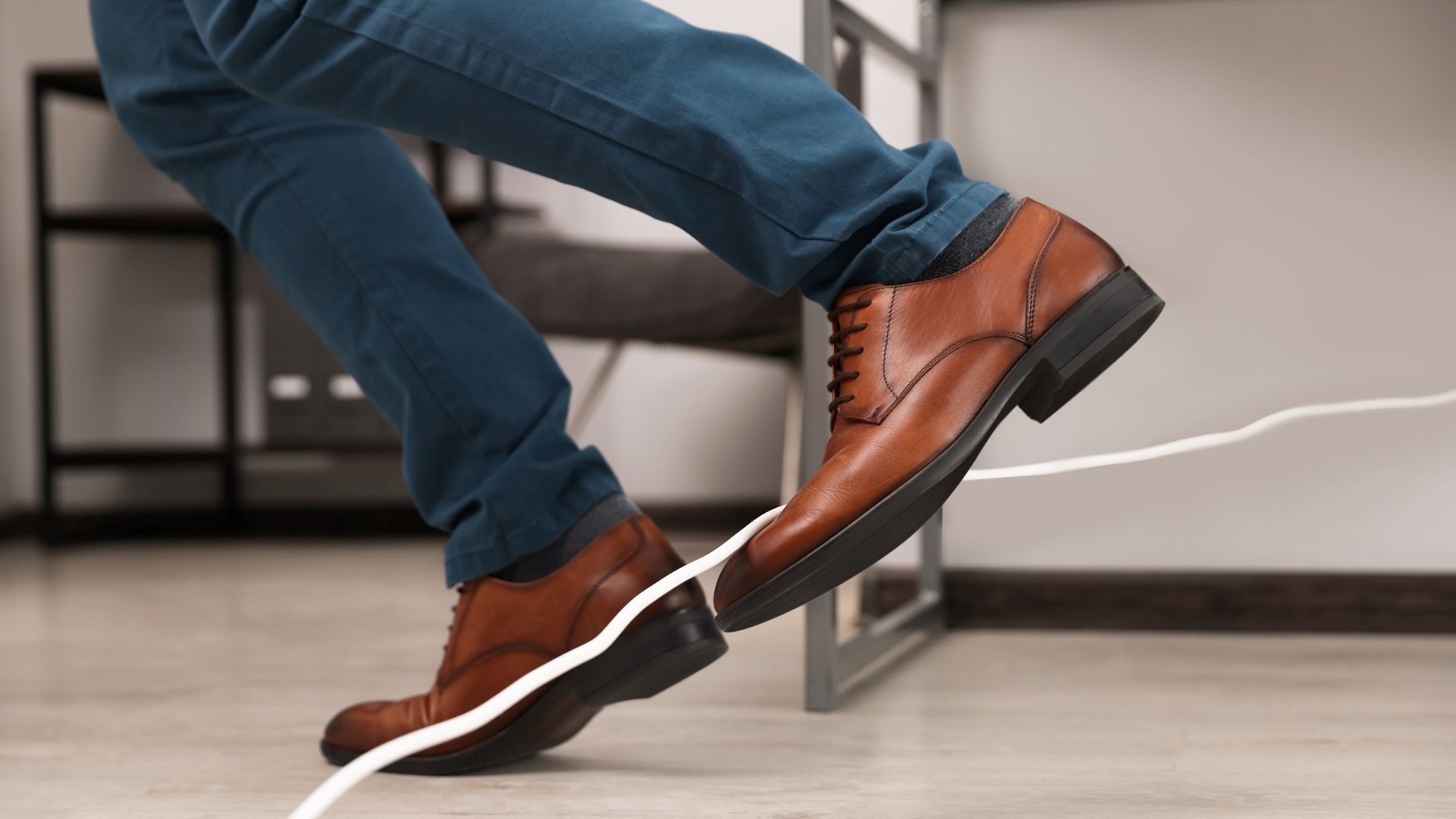
Fall injury is an issue that emergency rooms across the nation see regularly, affecting patients of all ages. According to the Centers for Disease Control and Prevention, falls are the leading cause of both fatal and non-fatal injuries for older Americans. However, it’s not just the elderly who are at risk. Falls can happen anywhere and to anyone, making it a critical topic for emergency room personnel to understand and address effectively.
The Prevalence of Fall Injury
The statistics surrounding falls are staggering. The CDC notes that one out of five falls causes a serious injury, such as broken bones or head injuries. Furthermore, over 800,000 patients a year are hospitalized due to fall injuries. These numbers stress the necessity for awareness and preventative measures. (Centers for Disease Control and Prevention)
Causes of Falls
Falls can occur for a variety of reasons, including environmental factors, physical conditions, and human error. Slippery floors, cluttered walkways, and uneven surfaces are some of the common environmental factors leading to falls. Medical conditions like poor vision, muscle weakness, or even certain medications can also contribute. Understanding these causes is key to prevention.
Preventive Measures
Prevention is always better than cure. The National Safety Council recommends a variety of measures to prevent falls. These include:
- Regularly inspecting walking surfaces
- Installing adequate lighting in dimly lit areas
- Using handrails on stairs
- Wearing proper footwear
(National Safety Council)
What to Do if a Fall Occurs
Despite best efforts, falls can still happen. When they do, it’s crucial to know what steps to take. NHS Inform suggests first assessing the situation and checking for injuries. If the fallen person can get up safely without pain, they should do so but seek medical attention as soon as possible for any persistent or severe symptoms. (NHS Inform)
Tailoring Care for All Ages
It’s important to note that the care approach may differ depending on the patient’s age. Young children and the elderly are more susceptible to severe injuries from falls and may require more intensive care and monitoring.
In an emergency room setting, preparedness and awareness about falls injury can make a significant difference in patient care. While preventive measures are crucial, knowing what to do when a fall occurs is equally important. Continuous training, adherence to safety guidelines, and understanding the diverse needs of patients of all ages can go a long way in mitigating the impact of falls.
As healthcare professionals, we continue to educate ourselves and our communities about the risks associated with falls and the steps we can take to prevent them.
When a Fall Injury Results in an ER Visit
What makes visiting the emergency room crucial in these situations is the need for prompt medical evaluation. Often, the true extent of injuries resulting from a fall may not be immediately evident, and professional assessment is vital to rule out any internal injuries or complications. Moreover, timely treatment can significantly impact the outcome and speed up the recovery process. When it comes to falls, swift action can make all the difference in ensuring a faster road to recovery.
Works Cited
Centers for Disease Control and Prevention. “Facts about Falls.” Centers for Disease Control and Prevention, 12 May 2023, www.cdc.gov/falls/facts.html.
National Safety Council. “Slips, Trips and Falls.” National Safety Council, www.nsc.org/work-safety/safety-topics/slips-trips-and-falls.
NHS Inform. “What to Do If You Fall.” NHS Inform, 30 Nov. 1BC, www.nhsinform.scot/healthy-living/preventing-falls/dealing-with-a-fall/what-to-do-if-you-fall.
